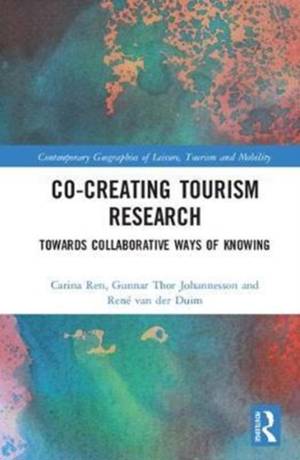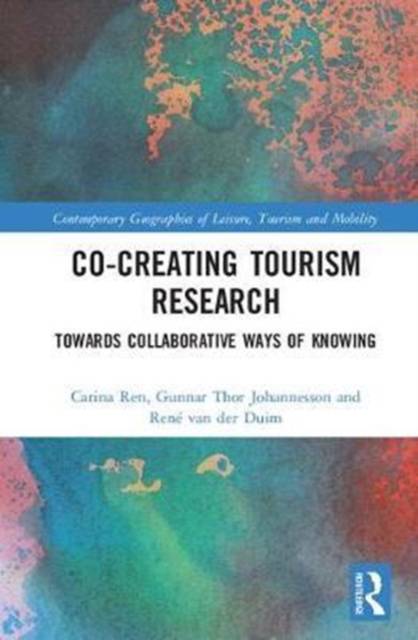
- Retrait gratuit dans votre magasin Club
- 7.000.000 titres dans notre catalogue
- Payer en toute sécurité
- Toujours un magasin près de chez vous
- Retrait gratuit dans votre magasin Club
- 7.000.000 titres dans notre catalogue
- Payer en toute sécurité
- Toujours un magasin près de chez vous
Co-Creating Tourism Research
Towards Collaborative Ways of Knowing
Description
Co-creation has become a buzzword in many social science disciplines, in business and in tourism studies. Given the prominence of co-creation, surprisingly little discussion has evolved around its implications for research practices and knowledge production as well as what challenges there are for fulfilling the promise of co-creation in tourism research.
This book aims to contribute to this discussion by addressing how tourism research comes together as a collaborative achievement and by exploring different ways of collaborative knowledge production in tourism research. It is structured to offer, on one hand, an introduction to the ontological basis for collaborative research and, on the other hand, a set of empirical examples of how collaborative knowledge creation can inform tourism design, management, policy and education.
The theoretical accounts and empirical cases of this book display how research collaborations can offer modest, local yet often impactful insights, traces and effects. It therefore will be of value for students, researchers and academics in tourism studies as well as the wider social sciences.
Spécifications
Parties prenantes
- Editeur:
Contenu
- Nombre de pages :
- 188
- Langue:
- Anglais
- Collection :
Caractéristiques
- EAN:
- 9781138228191
- Date de parution :
- 07-12-17
- Format:
- Livre relié
- Format numérique:
- Genaaid
- Dimensions :
- 156 mm x 233 mm
- Poids :
- 452 g






